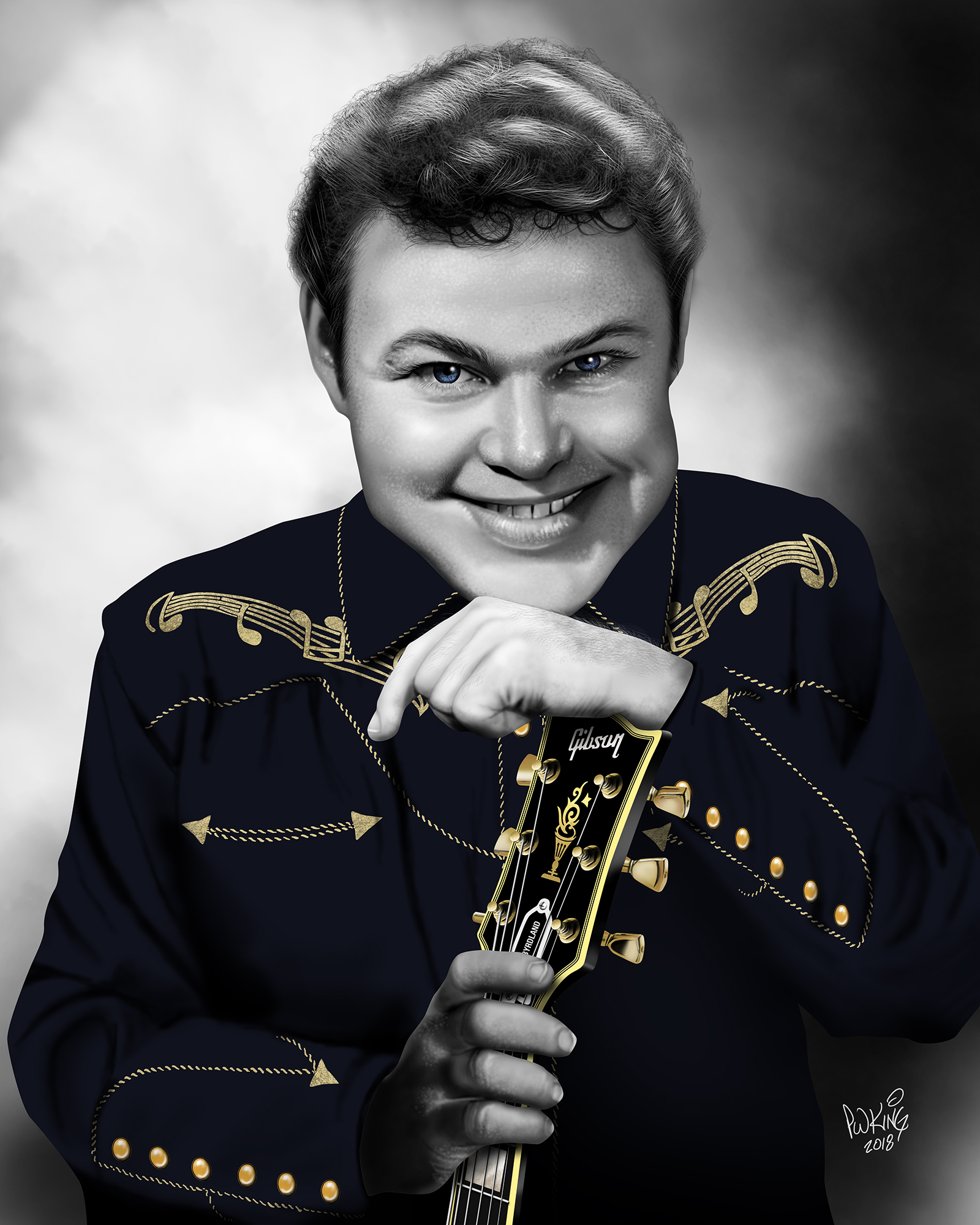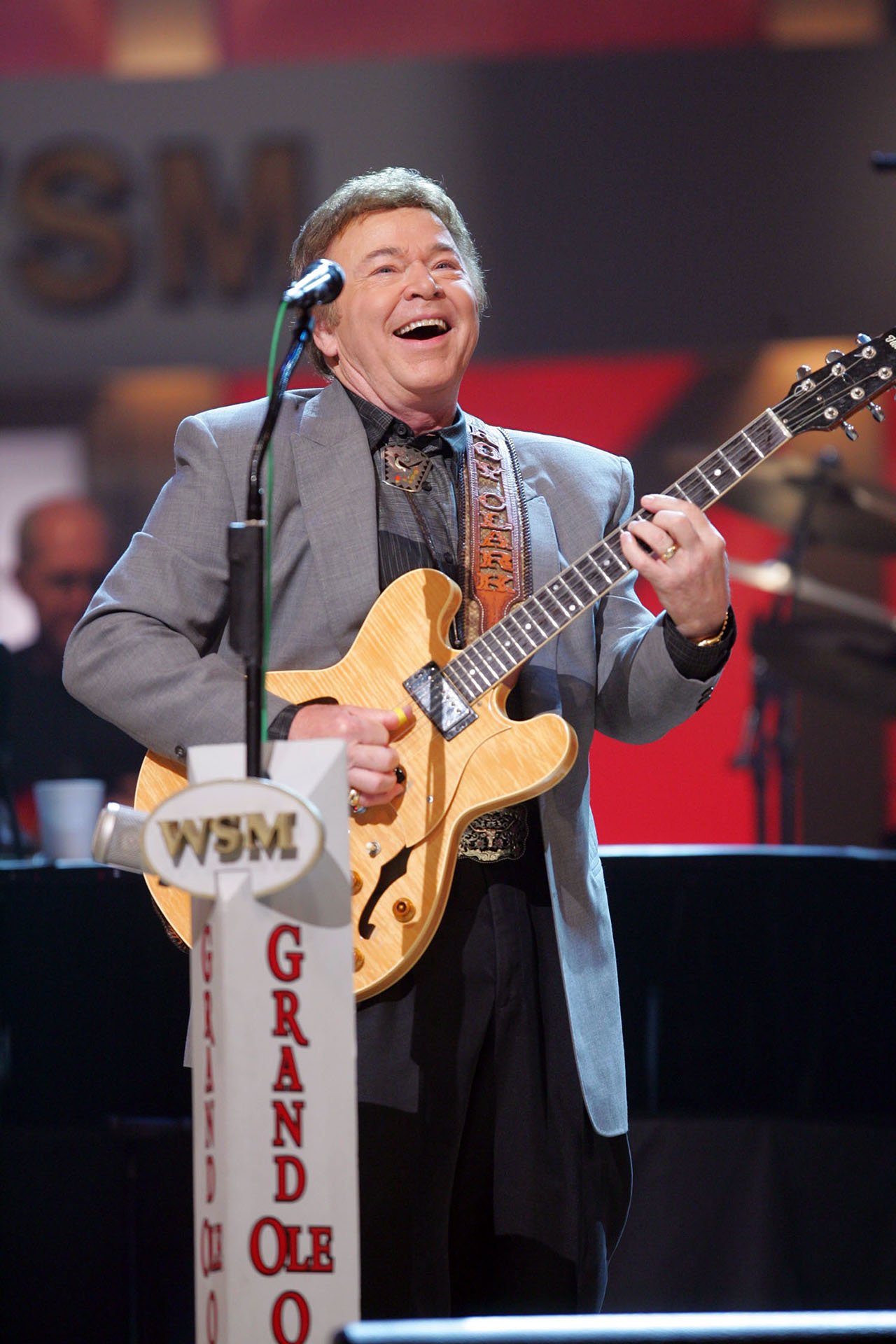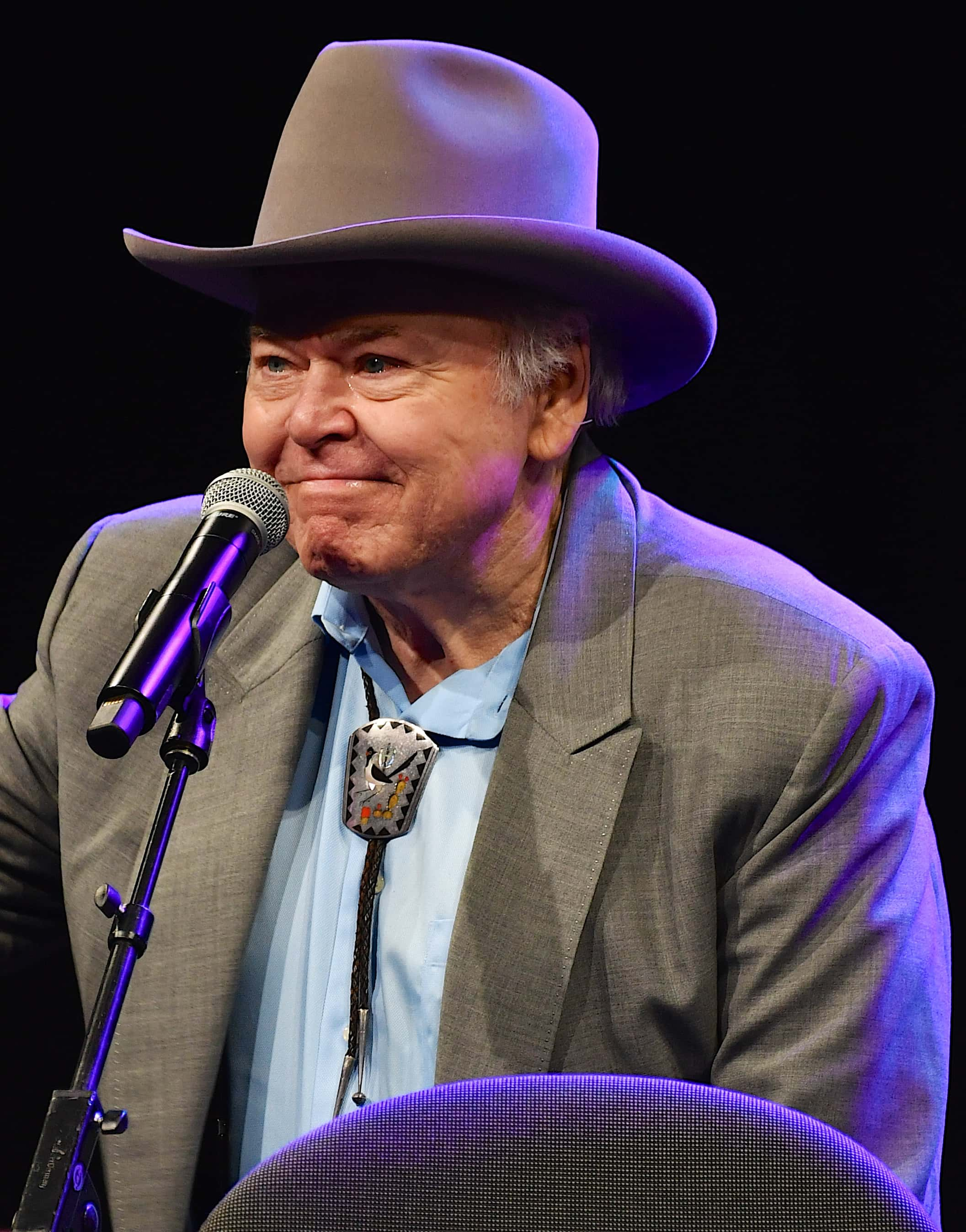How did Roy Clark become one of the most beloved figures in country music? The answer lies in his unparalleled talent, charisma, and dedication to his craft. A bold statement that resonates with fans worldwide is that Roy Clark was not just an entertainer but a cultural icon who bridged gaps between genres and generations.
Roy Clark's journey began in Meherrin, Virginia, where he was born on April 15, 1933. From a young age, Clark exhibited a natural affinity for music, mastering multiple instruments including guitar, banjo, and fiddle. His versatility as a musician set him apart from his contemporaries, earning him recognition early in his career. By the time he reached adulthood, Clark had already established himself as a formidable presence in the music industry. His big break came when he joined the cast of Hee Haw, a television show that would define much of his career. As co-host alongside Buck Owens, Clark helped bring country music into mainstream American pop culture, captivating audiences with his charm and musical prowess.
| Name | Roy Clark |
| Date of Birth | April 15, 1933 |
| Place of Birth | Meherrin, Virginia, USA |
| Date of Death | November 17, 2018 |
| Career Highlights | Actor, musician, and singer known for Hee Haw, Uphill All the Way, and The Kallikaks |
| Profession | Country Music Entertainer, Multi-Instrumentalist |
| Notable Achievements | Co-host of Hee Haw, Inductee into the Country Music Hall of Fame |
| Reference Website | IMDb Profile |
Throughout his illustrious career, Roy Clark remained a consummate professional, always striving to push boundaries and explore new musical landscapes. During the summers of 1971 and 1972, at the age of 16 and 17, Pat Metheny recalls occasionally receiving calls to work with Clark at Starlight Theatre in Kansas City. These collaborations highlighted Clark's willingness to mentor younger musicians while showcasing his own exceptional abilities. It was during this period that many aspiring artists gained invaluable insights into the art of performance under his guidance.
A testament to Roy Clark’s enduring legacy can be seen in performances such as those featured on Hee Haw. In one memorable episode from its final season, viewers were treated to a unique collaboration between Clark and Ronnie Milsap. Here, Milsap delved into bluegrass territory, demonstrating unexpected versatility while accompanied by Clark's expert guitar playing. Such moments underscored Clark's influence not only within traditional country circles but also across broader musical genres.
Clark often spoke about the challenges faced by Hee Haw after it transitioned into syndication following cancellation by CBS. Despite initial doubts regarding its success outside network television, the show thrived for an additional 22 years. This resilience speaks volumes about both Clark's leadership skills and the universal appeal of the content he helped create. Fans adored him not merely because of his technical proficiency but due to his genuine connection with them through heartfelt performances and engaging storytelling.
Oklahoma became something of a second home for Roy Clark later in life, particularly Tulsa, where he spent much of his time during retirement. Even in these quieter years, he continued to inspire others with occasional public appearances and recordings. One notable example includes a jazz blues piece attributed to him, which showcases yet another facet of his remarkable musicianship. For many admirers, hearing Clark play even outside conventional country settings reaffirmed why he held such a special place in their hearts.
In November 2018, news of Roy Clark's passing reverberated throughout the world of country music and beyond. At 85 years old, he left behind a rich legacy that continues to resonate with countless individuals who experienced his magic firsthand or discovered it anew via archival footage and recordings. Nashville paid tribute to him appropriately, recognizing him as one of the genre's most cherished entertainers whose contributions transcended mere entertainment value.
Roy Clark's impact extends far beyond individual accolades or specific projects; he embodied the spirit of innovation and inclusivity within country music. Whether performing solo or collaborating with fellow legends like Buck Owens, every note played and word spoken carried meaning deeply rooted in authenticity. Today, fans around the globe celebrate his memory knowing full well that no matter how times may change, Roy Clark remains timeless—an ambassador for all things pure and true in music.



